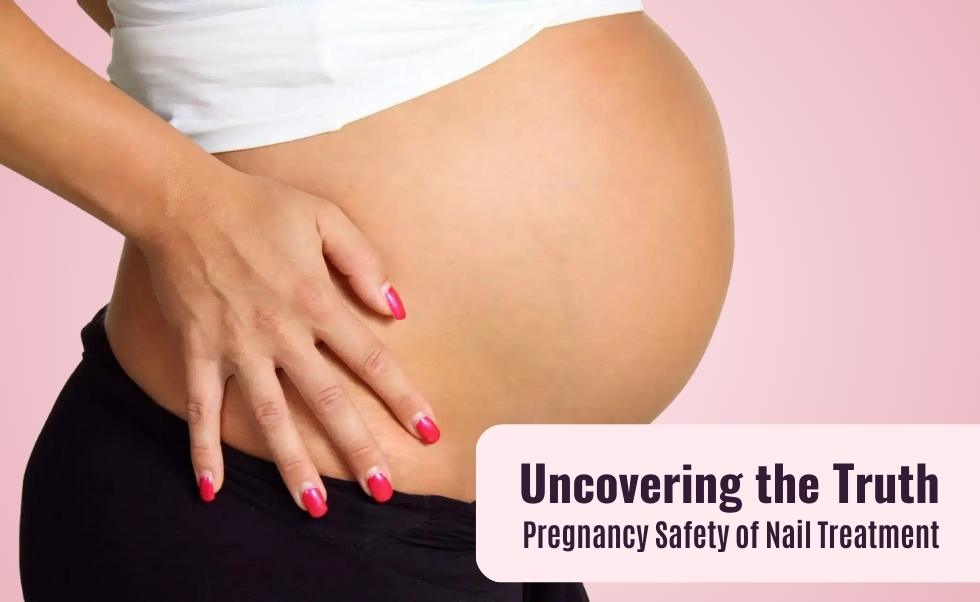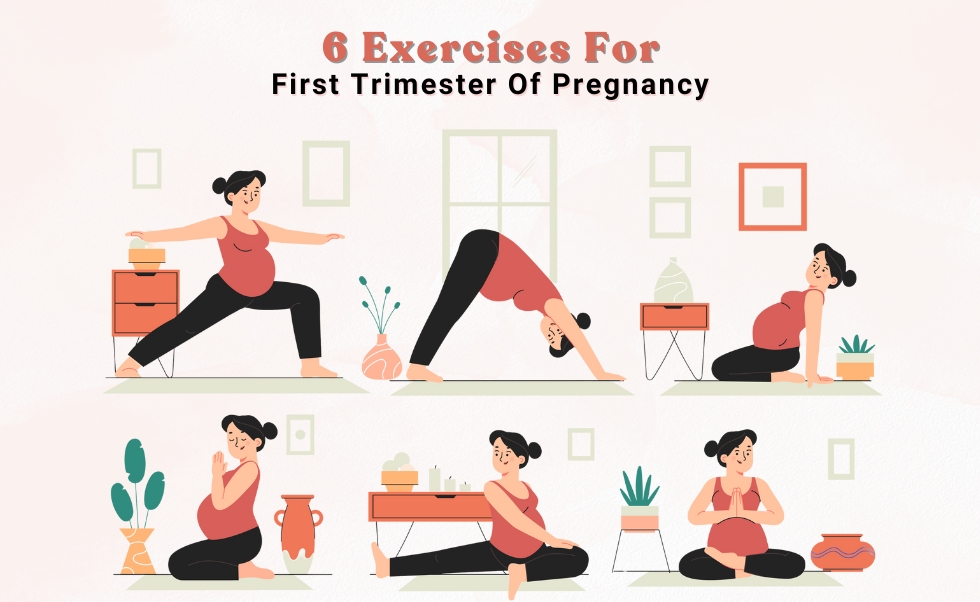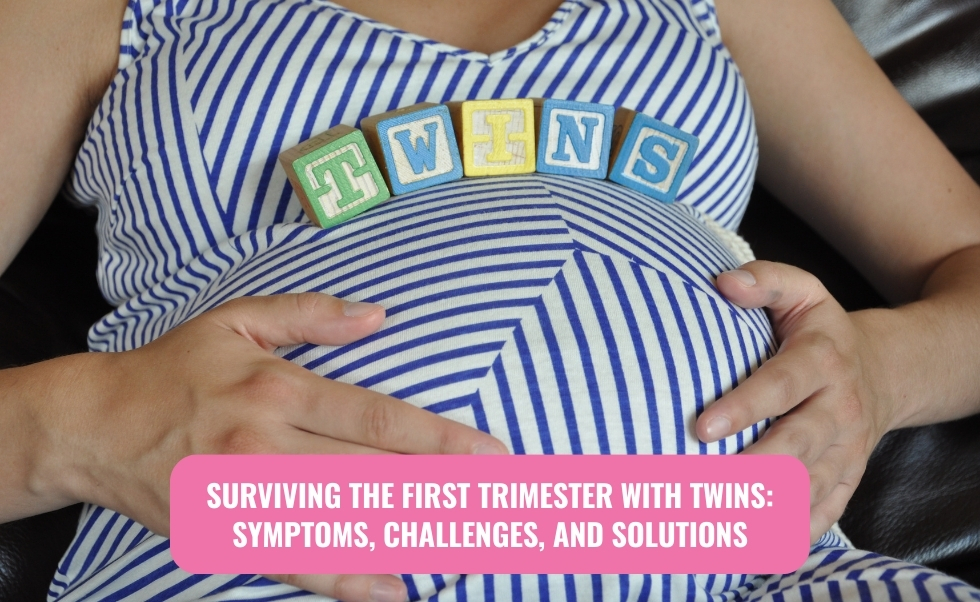Discovering that you might be pregnant can be a moment of excitement and anxiety. However, experiencing bleeding during this time can be confusing and problematic. It’s essential to understand that bleeding in early pregnancy is not uncommon and can occur for various reasons. Let’s explore why bleeding might happen and what it could mean for your pregnancy.
What could be the cause of bleeding when I think I’m pregnant?
Implantation Bleeding
One of the most common reasons for bleeding in early pregnancy is implantation bleeding. This occurs when the fertilized egg attaches to the uterus lining, usually around 6 to 12 days after conception.
Implantation bleeding is typically light and can be mistaken for a light period. It often appears pink or brown spotting and lasts a few hours to a few days.
Hormonal Changes
Early pregnancy brings significant hormonal changes, which can sometimes cause light bleeding.
The increased levels of hormones like progesterone help support the pregnancy but can also lead to changes in the cervical and uterine lining, causing spotting. This type of bleeding is usually light and not a cause for concern.
Cervical Changes
During pregnancy, the cervix undergoes several changes to support the growing fetus. Increased blood flow to the cervix can make it more sensitive and prone to bleeding, especially after intercourse or a pelvic exam. This bleeding is typically light and should not be alarming.
Subchorionic Hemorrhage
A subchorionic hemorrhage occurs when blood collects between the uterine wall and the chorionic membrane surrounding the embryo. This condition can cause light to heavy bleeding but often resolves independently. Regular monitoring by your healthcare provider is essential to ensure the health of your pregnancy.
Miscarriage
While bleeding in early pregnancy can be normal, it’s crucial to be aware that it can also indicate a miscarriage.
Miscarriage is most common in the first trimester, and signs include heavy bleeding, cramping, and passing tissue. If you experience these symptoms, seek medical attention immediately.
Ectopic Pregnancy
An ectopic pregnancy occurs when the fertilized egg implants outside the uterus, usually in the fallopian tube. This is a serious condition that can cause significant bleeding and requires immediate medical intervention.
Symptoms of an ectopic pregnancy include sharp abdominal pain, dizziness, and heavy bleeding.
Infections
Infections of the reproductive tract, such as bacterial vaginosis or sexually transmitted infections, can cause bleeding during pregnancy. These infections can irritate the cervix and vaginal lining, leading to spotting or light bleeding. It’s essential to get treated promptly to avoid complications.
What Should I Do when I notice bleeding?

If you suspect you are pregnant and experience any bleeding, it’s essential to consult your healthcare provider. They can determine the cause of the bleeding and provide appropriate care. Keep track of the amount, color, and duration of the bleeding, as this information can help your doctor diagnose the issue.
Tips for Managing Bleeding During Pregnancy
- Stay Calm: While bleeding can be alarming, it doesn’t always mean something is wrong. Stay calm and contact your healthcare provider for guidance.
- Monitor Symptoms: Record your bleeding and any other symptoms you may experience, such as cramping or pain.
- Avoid Strenuous Activities: Rest and avoid heavy lifting or strenuous activities until you have consulted your doctor.
- Follow Medical Advice: Adhere to your healthcare provider’s recommendations and treatment plans.
- Stay Informed: Educate yourself about the different reasons for bleeding during pregnancy to understand better what might be happening.
Bleeding during early pregnancy can have various causes, some of which are benign, while others require immediate medical attention. Understanding the potential reasons for bleeding and seeking prompt medical care can help ensure a healthy pregnancy. Always consult with your healthcare provider if you have concerns or questions about bleeding during pregnancy.
By staying informed and proactive, you can navigate this aspect of early pregnancy with confidence and care.







